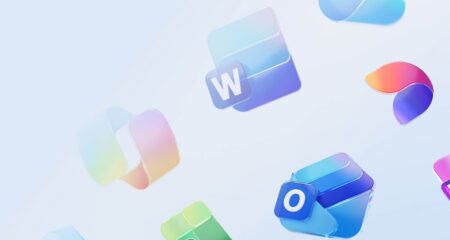
Nokia and Microsoft, both struggling to stay relevant in the booming smartphone market, plan to ink a broad-ranging agreement that will result in the Finnish handset manufacturer adopting the software giant’s Windows Phone 7 operating system.
Both companies are under intense pressure from Apple and Google, both of which have established powerful ecosystems around their mobile software platforms.
See also: Microsoft and Nokia: Ballmer and Elop’s open letter
Nokia’s market share in the lucrative smartphone market has been steadily eroded in recent years as its Symbian platform failed to keep pace with the rapid rate of innovation in the industry.
In a statement on Friday morning, Microsoft and Nokia said each company would focus on its core competencies, ensuring the partnership would “create the opportunity for rapid time to market execution”.
The announcement comes just days after Nokia CEO Stephen Elop sent a brutally frank memo to the company’s staff warning that it was falling behind and suggesting it was standing on a “burning platform”.
Under the proposed partnership, Nokia will adopt Windows Phone as the principal operating system for its smartphones. Nokia will contribute its expertise in hardware design and language support, and help bring Windows Phone to market on a larger range of devices at wider price points. It will also extend the platform to market segments and countries, the companies said.
Bing, Microsoft’s rival to the Google search engine, will power Nokia’s search services on all its devices.
In addition, Nokia Maps will become a core part of Microsoft’s mapping services. The maps will be integrated with the Bing search engine and the adCenter advertising platform.
Also, Microsoft software development tools will be used to create applications that run on Nokia Windows-based phones.
At the same time, Nokia has outlined a shake-up in its leadership team and operational structure to “accelerate the company’s speed of execution in a dynamic competitive environment”.
From 1 April, Nokia will have a new company structure made up of two distinct business units: smart devices and mobile phones. The smart devices division will drive the company’s smartphone strategy; the mobile phones division will focus on Nokia’s “Web for the next billion” strategy.
Nokia says it is not abandoning development of Symbian. It will also continue to work on MeeGo, which will become an open-source project. Nokia still plans to ship a MeeGo-based product later this year. — Staff reporter, TechCentral
- Image: Luca Sartoni
- Subscribe to our free daily newsletter
- Follow us on Twitter or on Facebook




